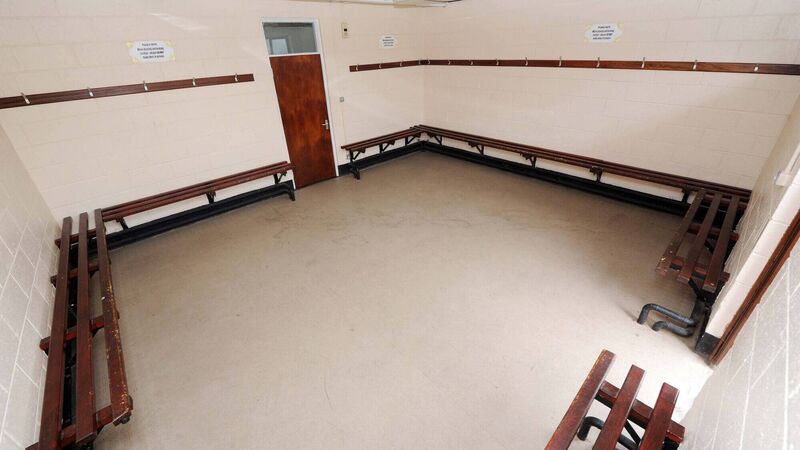Tommy Martin: Sport must be part of a conversation on reforming harmful male attitudes

I learned about the facts of life on bus trips to teenage football matches. The teachers were not much older than myself and just as ignorant, writes Tommy Martin
I learned about the facts of life on bus trips to teenage football matches.









